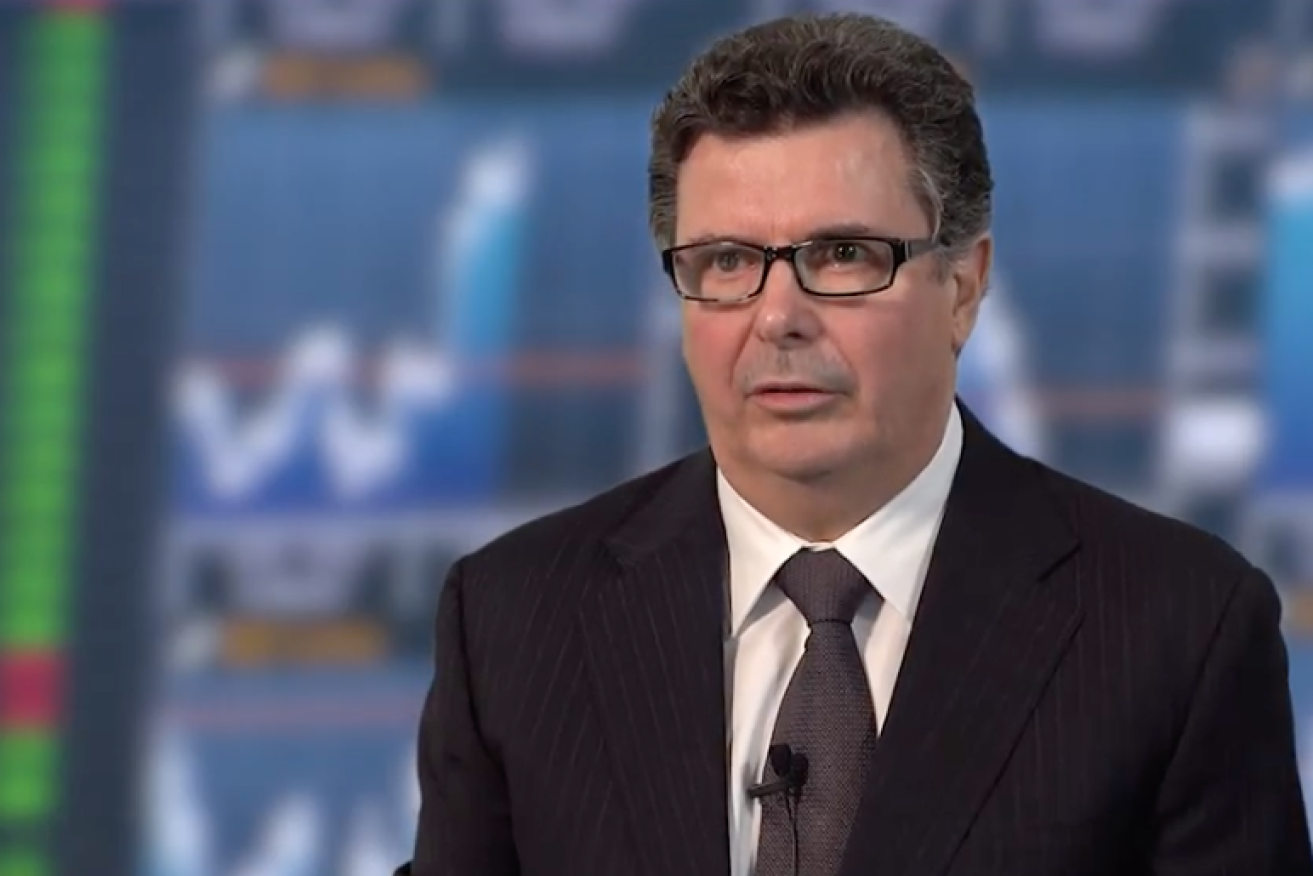‘Stagflation’ looms, but Games may help fend off new economic threat
The Delta variant of COVID had introduced the threat of the economy plunging into into a new phase of stagflation which central banks were ill-equipped to combat, according to QIC chief economist Matthew Peter.


QIC chief economist Matthew Peter (Image supplied)
Stagflation creates falling economic growth and rising prices and means monetary policy from central banks, like Australia’s Reserve Bank, was “pushed to the sidelines”.
However, in the economic fight presented by COVID, Queensland had the ammunition of the looming Olympic Games in 2032 and the need it would create for infrastructure.
“The prospect of an Olympics should be a confidence booster as well as supply infrastructure jobs to assist with the recovery out of COVID and that recovery will be a long haul, a decade long process,” Peter said.
But the evidence was not “overwhelmingly favourable” that the Olympics would provide a economic boost. He cited an academic study showing the Sydney Games lost $2.1 billion, but this was countered by KPMG’s study that it would provide an $8 billion boost and create 96,000 jobs.
He said if stagflation did emerge it would mean the Government’s fiscal policy would be the likely solution and that could mean more infrastructure spending or policies to increase productivity.
“Since June we have entered a new phase with the spread of the Delta variant. There is a slowdown in reopening in North America and Europe and lockdowns in countries like Australia which still have low vaccination rates,” Peter said.
“There are also signs it is prolonging the disruption to supply chains leading to pricing pressure due to shortages, especially supply out of East Asia which, like Australia, is largely unvaccinated. The risk of the supply shortages and price pressures that flow from that becoming more persistent is leading to potentially a stagflationary environment.
“If we look back to the late 1970s and 80s, which was our last episode of stagflation, central banks lurched between easing and then tightening monetary policy creating an unanchoring of inflation and rollercoaster of economic activity and we underwent three recessions in a decade in that period.”
“So fiscal policy must pivot to initiatives that lead to greater production or capacity in the economy either through infrastructure spending which builds our capacity to produce, or policies that enhance productivity that gives us more bang for each worker in the workforce.”
He said the world had to accept the inter-dependency of national economies and get East Asia vaccinated.












